Introduction

Exiting out of the second corner with a gentle throttle input, as I leaned on to turn in the third corner of the Madras Motor Race Track, my left toe scraped the tarmac, scaring the wits out of me. It instantly reminded me of our coach’s words, “Your toes should always be on the footpegs and not jutting out.” Obeying him, I slid up both the toes and charged ahead for C4.
Wait, let me take you a few hours back on this day…

It was at 7 O’clock in the morning when we, 14 media personnel, reached MMRT, Chennai. We were invited by TVS to be a part of the fourth edition of its YMRP (Young Media Racer Program). Through this event, TVS intends to give young journalists a taste of motorcycle racing, which it has successfully done over the past three years. Thanks to the disruptions caused by the COVID-19 pandemic, this year’s YMRP got delayed. But TVS organised it nonetheless, with all the necessary hygiene and safety precautions.
The YMRP is divided into three parts, starting from a qualifying round followed by two races. The first round mainly comprises of the basic training about track riding, which was crucial for us first-timers, apart from a few who had ample track time under their belt. The training sessions are followed by recording the best track time of each of the participants to select the top 12 riders for proceeding races.
Training

Divided into three different levels, the first round of training comprised no-braking drill and understanding the racing lines. First, TVS’ official coach and ex-racer Harry Sylvester conducted a theory session about the basic lines we needed to follow on the racetrack, especially while going through a corner. It’s simple – start from the outer edge of the corner, shift inside to cut through the apex, and exit towards the outer edge. TVS made it simpler for us to understand by marking the ideal points we needed to pass through. We had to do this while being in the fourth gear all the time and refraining ourselves from applying the brakes.

After the theory, it was time to hop on the race-prep Apache RTR 200 4V and apply the lessons. We were divided into small batches and each batch was led by an expert TVS racer to demonstrate the technique. After five laps of MMRT in fourth gear and consistently trying to follow the markers, we had had a fair idea about the basic lines.

The second level of training involved getting aware of the appropriate body position and vision. The latter aspect works like magic, not only on the track but also on public roads. The coach enlightened us with the correct vision technique. It’s very important to look where you intend to go. For instance, you must look at the apex while entering a turn and focus on the exit while clipping the inside edge. This leads to you automatically following the supposed line.

Body position is another important aspect to get the bike to change direction in time. On the straights, the upper body should be crouched on the fuel tank, toes on the pegs with the knees and elbows locked in on the tank. Just before entering a bend, shift the body weight towards the direction of the turn while slightly erecting the upper body. All of this looked easy in theory, but out on the track, executing it all together was a herculean task.
Focusing on the correct vision meant I was forgetting about the body position and vice versa. No wonder why mental health and focus are given so much importance in motorsports. Again, led by an expert, we did five laps, struggling to correctly execute the two aspects we were taught. Although not completely on point, my fifth lap was better than the first one.

In the last session, we learned race start and braking. For a perfect launch, you need to hold the throttle at an rpm fairly higher than idle, freeze the clutch partly released, and keep the front brake engaged. As the lights turn green, release the brake and gradually drag the clutch, remembering not to dump it, which might lead to a wheelie, ruining the start. With the throttle pinned, progress through the gears.

For the braking lesson, a cone was placed at the end of the main straight. We were supposed to approach the cone full throttle and apply brakes only after getting past it, which was frightening as not stopping in time meant charging into the grass ahead. In the first attempt, I swiftly downshifted, pulled the front brake but went quite hard on the rear brake which resulted in the tyre locking and sliding up to a distance. In the succeeding attempts, I tried to not commit the same mistake and used 80 per cent front and 20 per cent rear brake, which significantly shortened the braking distance.
Free practice and qualifying round

After imparting the basics to us, the coach allowed us to go full blazing on the track while trying to apply the lessons learned. In the first lap, the overexcited me went wide on C2 and dashed into the grass. The goof up was that I didn’t push the bike with my body enough to turn it in time. Several minutes of free practice and I tried to rectify every mistake with each consecutive lap. Going fast requires distant vision, committed body position, precise lines, downshifting in time, and applying the proper amount of front and rear brake.

Instead of hustling to go fast, I tried my best to get these facets of track riding right and improve progressively. And it all worked in my favour as I successfully qualified for the upcoming races in eight position. Now, the real action lies ahead. Trying to clock our best time individually and competing with fellow racers aren’t the same whatsoever. The latter requires ample focus, calmness, and a lot of competitive spirit. The race day is just around the corner. Stay tuned to find out if I prosper in the competition, or just come back with many more learnings.

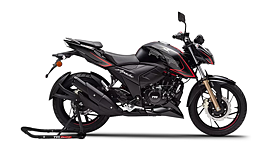
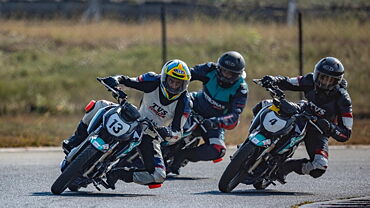
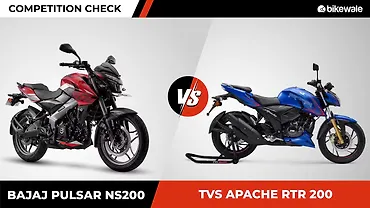
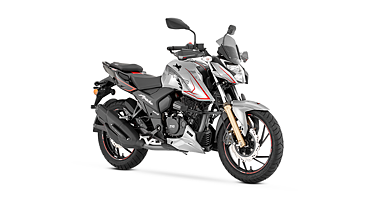
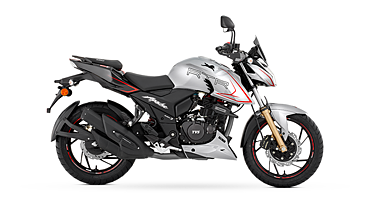

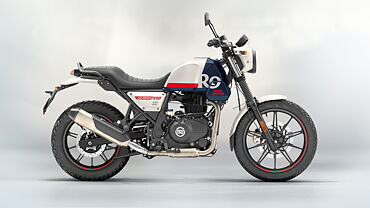
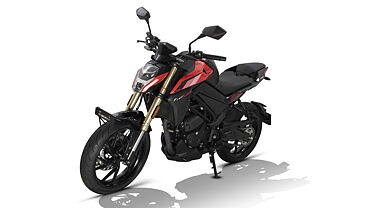
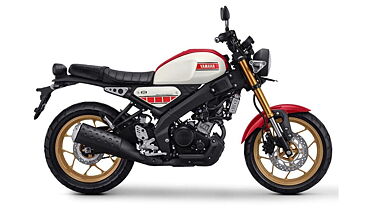
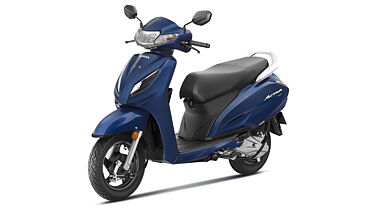


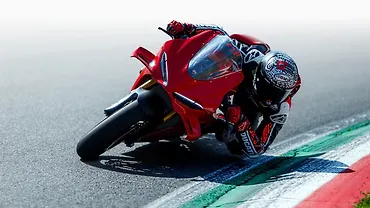


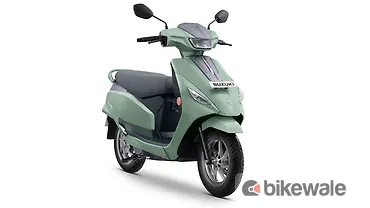
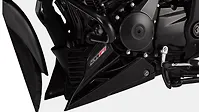
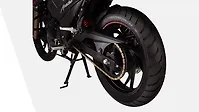
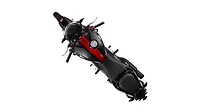


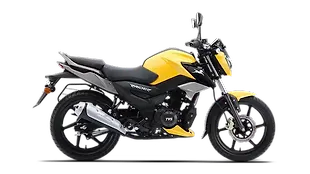
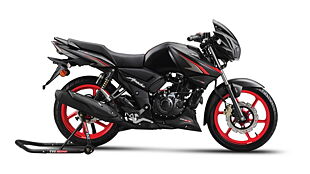
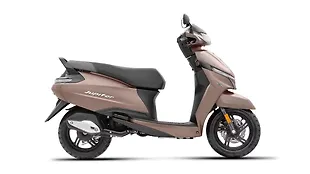


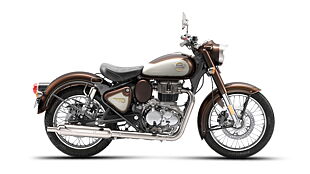
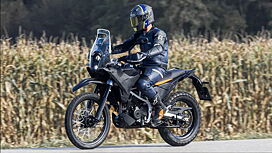
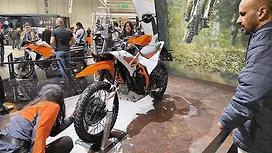
![KTM 390 Adventure X [2025] KTM 390 Adventure X [2025]](https://imgd.aeplcdn.com/272x153/n/cw/ec/190885/390-adventure-x-2025-right-side-view.jpeg?isig=0&q=80)